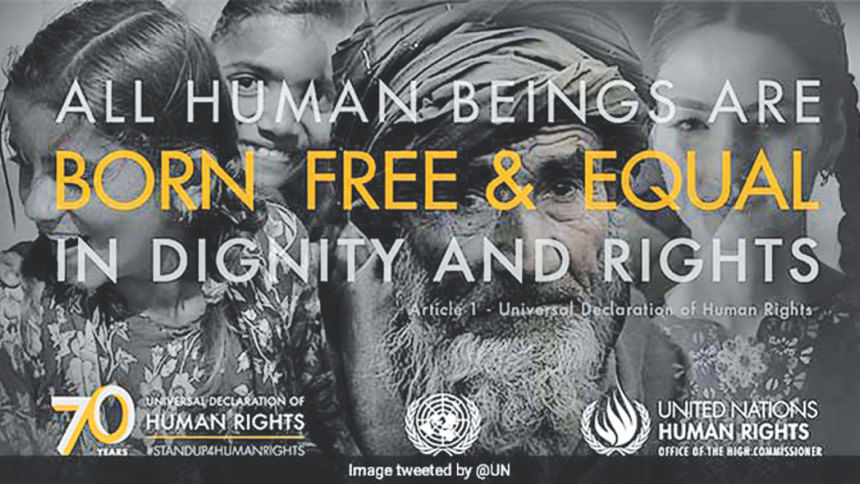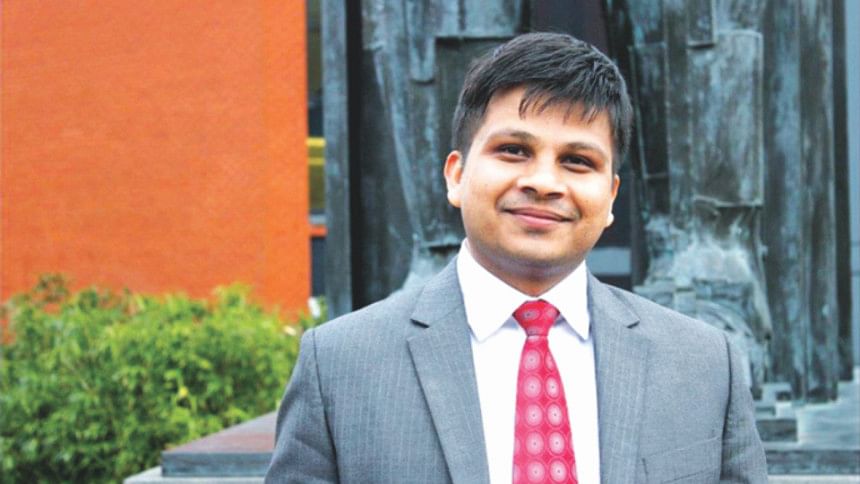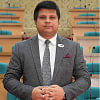SEVENTY YEARS OF UDHR : The fight for human dignity

This year, Human rights day will mark the 70th anniversary of the Universal Declaration of Human Rights (UDHR, 1948), the core human rights instrument which is also considered the mother document of human rights. UDHR laid down the foundation of human rights by asserting inalienable rights which every human being is inherently entitled to, regardless of race, colour, religion, sex, language, political or other opinion, national or social origin, property, birth or other status. The underlying philosophy of UDHR is to ensure human dignity while fulfilling the mandates of human rights principles and standards. Over the years, UN human rights treaties along with regional human rights instruments and monitoring mechanisms, contributed to widen the scope of UDHR.
The corpus of UDHR, though witnessed significant advancement since its inception and through its evolution, the gaps between 'the ideals of UDHR' and 'current world realities' cannot be overlooked. The discourse of UDHR is criticised for its limited procedures of overseeing and enforcing the universal protection of human rights. Some scholars argue that the content of UDHR represents cultural bias while imposing the ideas of the west across the globe. This has created a significant challenge of enforcement since most of the human rights are not absolute and they reflect the essence of cultural diversity.

While drafting a common set of human rights standards, western advocates of human rights referred legal precedents that include the Magna Carta (1215), the United States Declaration of Rights (1774), and the French Declaration of the Rights of Man and the Citizen (1789). These western precedents though represent a universal character but in reality they were manifestations of internal law, the aim of which was to protect the interests of certain classes. However, the universality of UDHR has been accepted because States can agree and work upon together at least on some points. States obligate themselves to protect and promote human rights with a view to achieving peaceful coexistence.
The challenging issue is that in the absence of specification of duties and accountabilities, States being the duty bearers of human rights enforcement often fail to maintain their obligations. In some cases, States are found to be the worst violators of human rights. With the help of capitalism, statism, and nationalism, State machineries often tend to function unduly going beyond their mandates towards citizens. The economic growth of many countries is significantly increasing but with a sharp rise of inequality. This inequality breeds significant number of insecurities in the societies which appear in the forms of human rights violations.
Coming to the context of Bangladesh, it is observed that the country is experiencing a steady economic growth and in the 2017-18 fiscal year, it has achieved the highest-ever 7.86% GDP growth. However, the human right record of Bangladesh indicates an unequal growth where dignified well being of common people is yet be attained. The human rights monitoring reports of the Human Rights Watch and Ain o Salish Kendra (ASK) reveal diverse forms of human rights violations that include noteworthy incidents of violence against women, death in jail custody, enforced disappearance, violence against Hindu community, violence against children, border violence, harassment of journalists etc. Freedom of expression undergoes an overwhelming curtailment as the newly passed Digital Security Act leaves room to suppress any dissent or perceived criticism. Moreover, the family laws of the country fail to uphold the commitment of the international human rights instruments that lead to the perpetuation of discriminatory practices against women.
The recurring incidents of human rights violations threaten the sustainability of economic growth and question the human rights obligations of the State towards its people and to the international community as well. With a view to achieving sustainable economic growth and ensuring human rights obligations, sustainable development goals (SDGs) emerged that aim to 'leave no one behind'. The goals are significant because they encompass the principles and standards of human rights that are considered instrumental to reduce inequality and discrimination and to achieve a more sustainable future for all. The human rights framework, which has witnessed a wide range of transformation since the evolution of UDHR, obligates state parties not only to ensure equality, justice and human dignity but also to promote greater accountability and participation of and among States to achieve the SDGs.
Bangladesh is also committed to promote SDGs while complying with the human rights obligations. Being a member of UN Human Rights Council for the 2019-21 tenure, Bangladesh can also effectively address the issues and challenges which have international bearings. In addition to obligations of States (duty bearers) along with National human rights institutions, people (rights holders) of a country also have responsibility to become the gatekeepers of human rights protection, to work as promoters of SDGs in order to hold the duty bearers accountable. Only if the duty bearers and the rights holders perform their respective obligations and responsibilities, the true essence of UDHR, that is human dignity, can be realised.
The writer teaches law at the University of Dhaka.

 For all latest news, follow The Daily Star's Google News channel.
For all latest news, follow The Daily Star's Google News channel. 







Comments